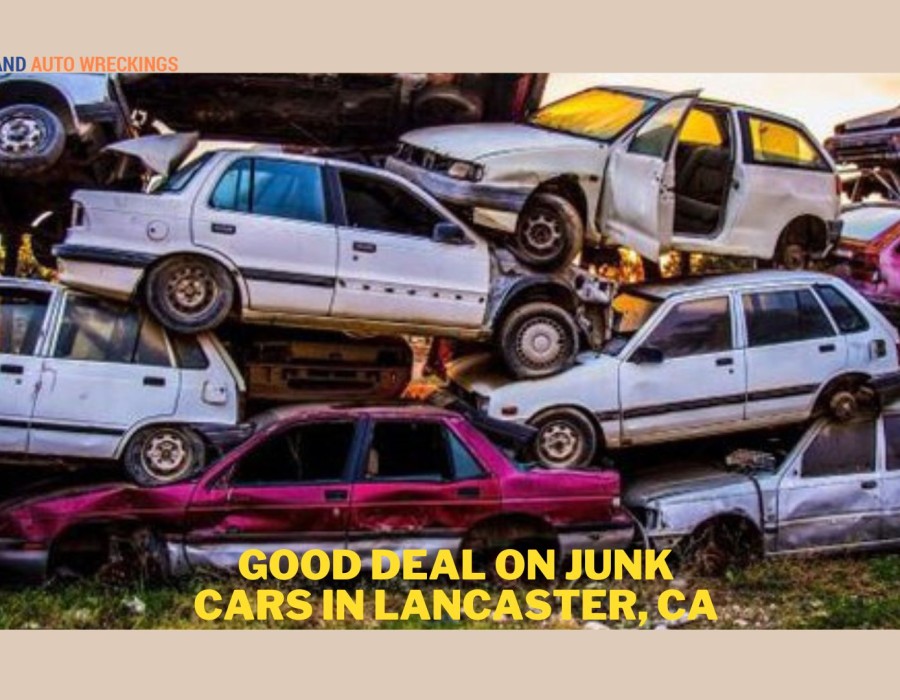When your vehicle has been involved in an accident or has reached the end of its roadworthy life, you might be wondering how to get the most value out of it. Local car junkyards play a crucial role in recycling and salvaging vehicles, and they determine the value of your damaged vehicle through a systematic process. In this article, we will delve into the various factors that these junkyards consider when assessing the worth of your car.
Vehicle Make and Model
The make and model of your car are significant factors in determining its value. Some makes and models are in higher demand for their parts, while others may be less desirable. Popular vehicles often fetch better prices because their parts are more likely to be in demand, while rare or obscure models may have limited appeal.
Age and Mileage
The age of your vehicle and the number of miles it has traveled are crucial factors. Generally, older cars with high mileage are worth less than newer, low-mileage vehicles. However, some classic or vintage cars may appreciate in value over time, even if they are old.
Condition of the Vehicle
The overall condition of your damaged vehicle is a pivotal factor. Junkyards will assess the extent of the damage and the overall state of the car. Vehicles that are still in relatively good condition, aside from the damage that led them to the junkyard, may fetch a higher price. In contrast, severely damaged or rusted cars may be worth very little.
Market Demand for Parts
Local junkyards are essentially part suppliers. They sell salvaged parts to repair shops and individuals looking for affordable replacements. The demand for specific parts greatly influences a vehicle's value. If your car has parts that are in high demand and are still in good condition, it will likely be valued higher.
Scrap Metal Prices
The value of your damaged vehicle is also affected by the current market prices for scrap metal. If the junkyard intends to strip the car and sell it for scrap, the weight and composition of the metal play a significant role in the offer you receive. When scrap metal prices are high, you may get a better deal.
Location of the Junkyard
The location of the junkyard matters because it can impact transportation costs. If your vehicle is in a remote area, it may be more expensive for the junkyard to tow it, which could reduce the offer you receive. Local junkyards often offer better prices since they have lower towing expenses.
Title and Documentation
Having the necessary documentation, such as the title, can expedite the process and potentially increase the value of your vehicle. Junkyards prefer cars with clear titles because they can legally resell the parts. If you don't have a title, the junkyard may offer a lower price, or they may not be willing to purchase the vehicle at all.
Local car junkyards in Lancaster play a crucial role in recycling and salvaging damaged vehicles, and they determine the value of your car based on a variety of factors. The make and model, age, condition, market demand for parts, scrap metal prices, location, and documentation all contribute to the valuation process. By understanding these factors, you can have a better idea of what to expect when you take your damaged vehicle to a local junkyard, ensuring that you get the best possible value for it.





Comments